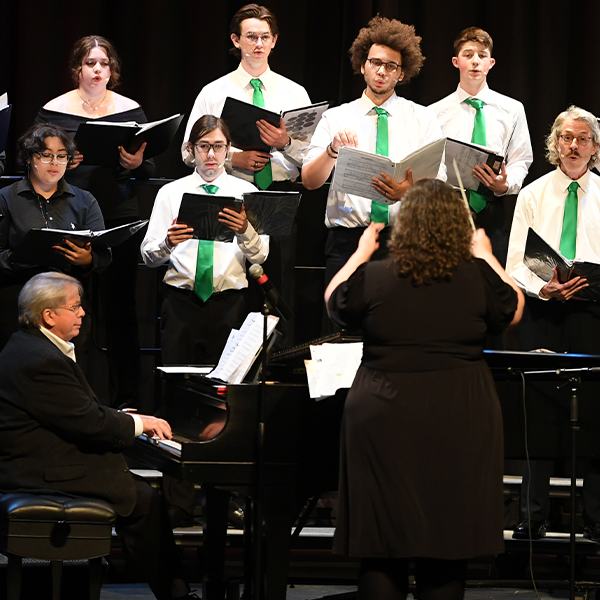The appropriate academic accommodation must be determined based on your disability and individual needs. Academic accommodations may include auxiliary aids and modifications to academic requirements as are necessary to ensure equal educational opportunity. Examples of such accommodations are providing note takers, recording devices, sign language interpreters, extended time for testing, equipping school computers with screen-reading, voice recognition or other adaptive software or hardware.
In providing an academic accommodation, your postsecondary school is not required to lower or effect substantial modifications to essential requirements. For example, although your school may be required to provide extended testing time, it is not required to change the substantive content of the test. In addition, your postsecondary school does not have to make modifications that would fundamentally alter the nature of a service, program or activity or would result in undue financial or administrative burdens. Finally, your postsecondary school does not have to provide personal attendants, individually prescribed devices, readers for personal use or study, or other devices or services of a personal nature, such as tutoring and typing.


 AdmissionsColumbia State - College your way!
AdmissionsColumbia State - College your way! AcademicsThe courses offered at Columbia State are gateways to growth. Through the gateways--and in those classes--you'll learn about your world and about yourself; you'll discover new careers and you'll grow.
AcademicsThe courses offered at Columbia State are gateways to growth. Through the gateways--and in those classes--you'll learn about your world and about yourself; you'll discover new careers and you'll grow. Campus LifeWe understand that your personal and professional growth isn't limited to what you learn in the classroom. Or rather, at Columbia State, the entire campus and its surrounding community is your classroom.
Campus LifeWe understand that your personal and professional growth isn't limited to what you learn in the classroom. Or rather, at Columbia State, the entire campus and its surrounding community is your classroom. AthleticsColumbia State fields five NJCAA Division I teams. The Chargers have routinely moved on to Division I programs, been drafted by Major League Baseball clubs, and more. Go Chargers!
AthleticsColumbia State fields five NJCAA Division I teams. The Chargers have routinely moved on to Division I programs, been drafted by Major League Baseball clubs, and more. Go Chargers! Arts & EntertainmentWe celebrate the important role of the arts in a well-rounded education. In addition to the books read, tests taken and study groups formed that make up our students' academic growth, we also provide a wide range of cultural and intellectual opportunities.
Arts & EntertainmentWe celebrate the important role of the arts in a well-rounded education. In addition to the books read, tests taken and study groups formed that make up our students' academic growth, we also provide a wide range of cultural and intellectual opportunities. Workforce & Continuing EducationIf you want to develop new skills, improve your organization's performance or just learn new things, you have found the right place!
Workforce & Continuing EducationIf you want to develop new skills, improve your organization's performance or just learn new things, you have found the right place!